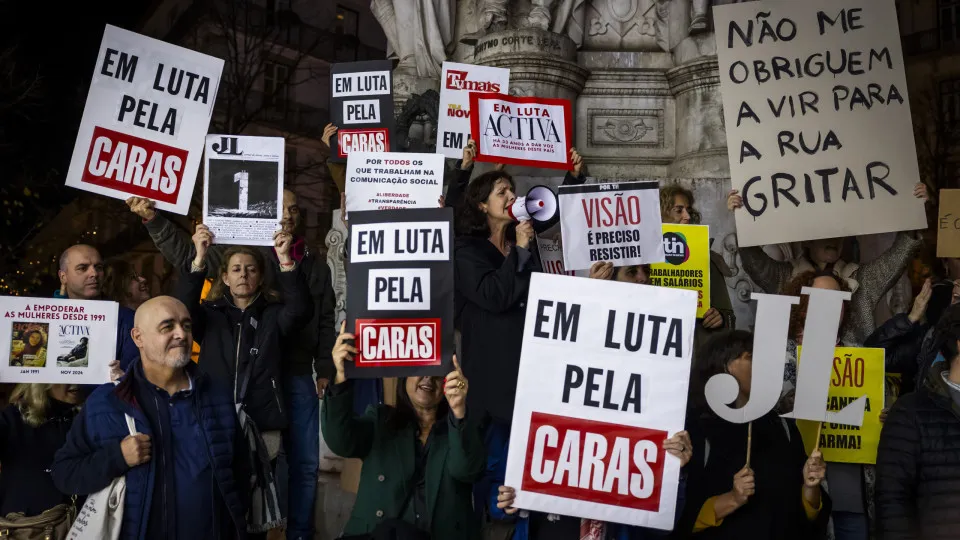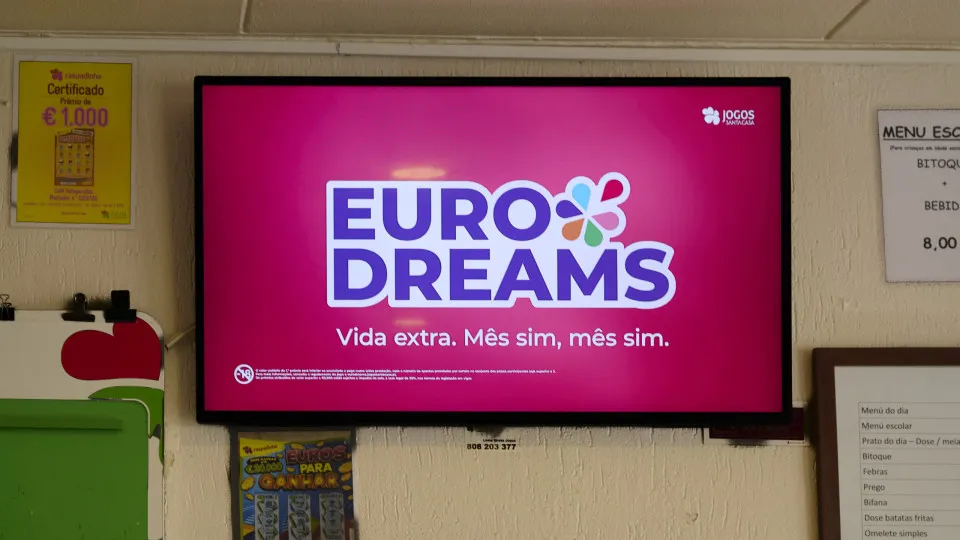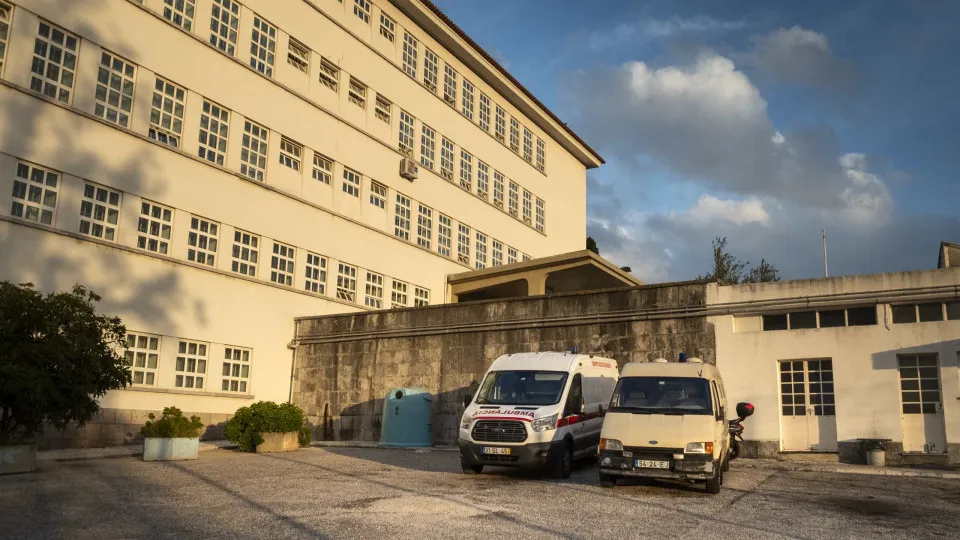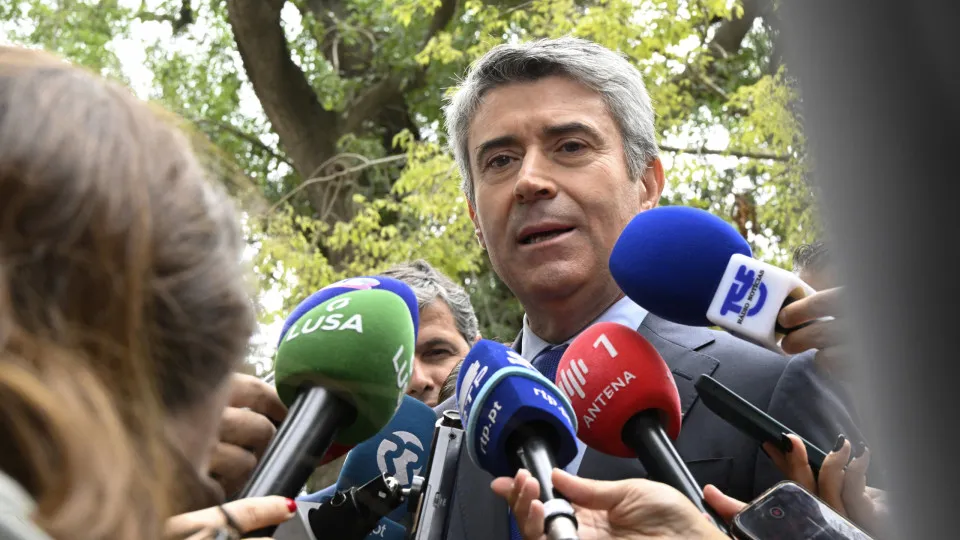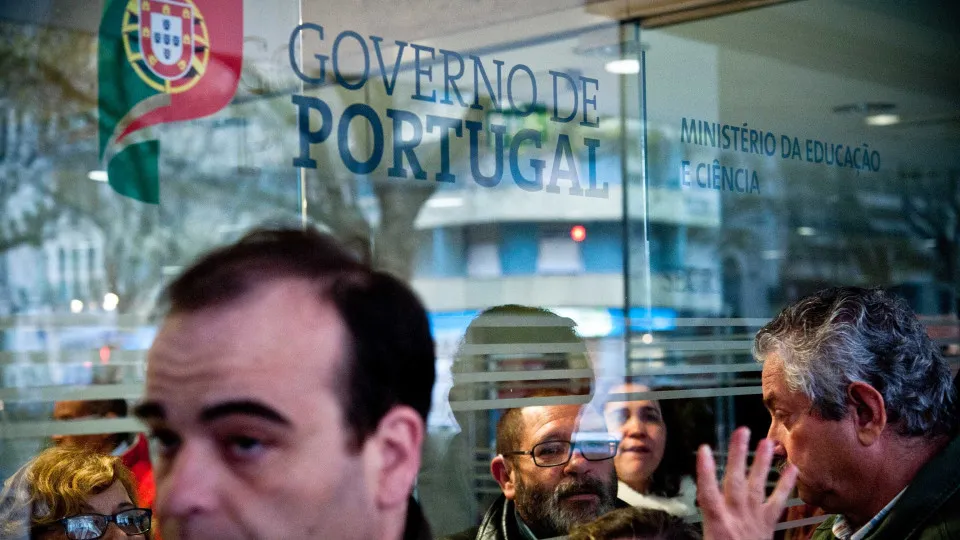
“You do nothing. You do nothing,” shouted dozens of parents representing thousands of students with educational difficulties who don’t find necessary support in schools, stated Lourenço Santos, founder of the Movement for Effective Inclusion, which organized the protest.
“Ariana is not aware that she is behind her peers, I don’t know if I should say fortunately or unfortunately,” expressed Rosilane, the mother of the girl who will soon turn 10 but is still in the 3rd grade at a school in Arruda dos Vinhos, where she receives only four hours of weekly support despite having Sotos syndrome and associated autism.
Ariana learns more slowly than other children in the class, has difficulties in expressing her feelings and learning mathematics, and therefore needed much more support at school, explained her mother, one of the many protestors.
Rosilane has been in front of the Ministry of Education, Science, and Innovation since 10:30 AM, demanding at least the enforcement of the 2018 decree-law, noting that “exclusion is loneliness.”
The protest was organized in response to the “non-compliance with legislation” that guarantees rights to students with disabilities, neurodivergence, and deafness, explained Lourenço Santos.
Thousands of children across the country need more support in classes, emphasized the movement’s founder, remembering there are “about 90,000 technical-pedagogical reports,” referring to the document that establishes support measures for each student with educational needs, ranging from simple dyslexia to profound disabilities.
“Children are subjected to the luck of where they are born,” lamented Filipa Nobre Pinheiro, explaining that “in one school everything can work perfectly, and in the next school, it can be a disaster.”
Filipa Nobre Pinheiro stated that there are “major differences depending on school administrations, and the child should not have to adapt to the school, but rather the school should adapt to the child.”
Rosilane’s daughter receives only four hours of support per week, and Lourenço’s son has just two weekly hours with a special education teacher. The 10-year-old boy attends 4th grade in a school in Bobadela, and his father knows that many times classes are little used because “Pedro needs someone by his side during classes.”
The families’ stories today protesting in Lisbon are different, but the reasons that unite them are always the same: a lack of teachers, specialized technicians, operational staff, and even therapists.
“Schools are a jungle,” accused Paula Frazão, who had no doubts and placed her autistic son in a learning community in the Serra da Arrábida. The 11-year-old boy is one of the 60 students who “learn in the forest through games and each at their own pace.”
The explanation about the community’s operation was given by Sofia Ferreira, a nine-year-old girl and 4th-grade student who today swapped classes in Arrábida for the street in front of the Ministry of Education, where she spent the morning accompanied by tutors and classmates in what they call a “Citizenship class.” With a banner that reads “Include is not to give up,” Sofia Ferreira stated she likes being in a school with children who have educational needs.
The Ministry of Education had scheduled a meeting for September 29 with representatives of the movement, but this morning the news arrived that they would be received around 12:30 PM by the deputy secretary of education, Alexandre Homem Cristo.
The movement’s representatives have entered the meeting, and the protestors are waiting for the results in front of the Ministry.
The Livre party’s deputy Filipa Pinto was present at the protest in solidarity with the families.

